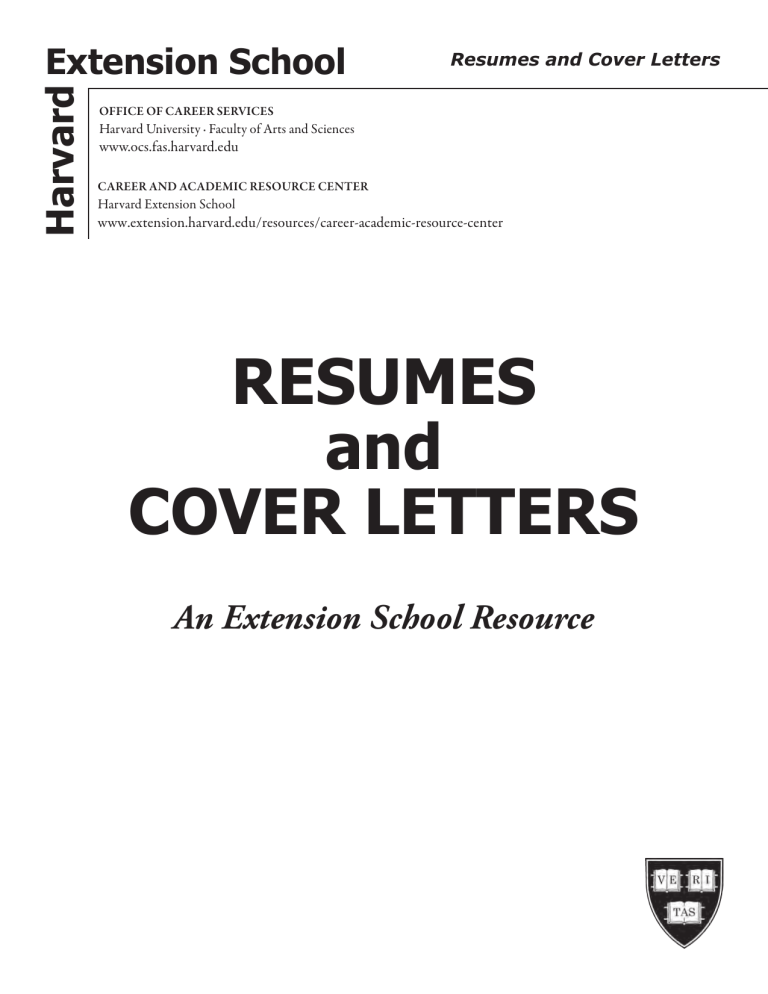Yale Career Link (Symplicity) is scheduled for routine maintenance December 14 and 15. On either of these days, you will experience 2-6 hours of downtime between the hours of 11am and 5pm EST. During this maintenance window, you will see an alert that the system is down for scheduled maintenance.
- Undergraduates
- Ph.Ds & Postdocs
- Faculty/Staff
- Prospective Students & Guests
- Student Athletes
- First Generation and/or Low Income Students
- International Students
- LGBTQ Students
- Students with Disabilities
- Students of Color
- Student Veterans
- Career Assessment
- Using AI In Your Job Search
- Advertising, Marketing & PR
- Finance, Insurance & Real Estate
- General Management & Leadership Development Programs
- Law & Legal Services
- Startups, Entrepreneurship & Freelance Work
- Environment, Sustainability & Energy
- Media & Communications
- Policy & Think Tanks
- Engineering
- Healthcare, Biotech & Global Public Health
- Life & Physical Sciences
- Programming & Data Science
- Graduate School
- Business School
- Health Professions

Cover Letters & Correspondence
- Interview Preparation
- Professional Conduct & Etiquette
- Job Offers & Salary Negotiations
- Navigating AI in the Job Search Process
- Yale Career Link
- CareerShift
- Gap Year & Short-Term Opportunities
- Planning an International Internship
- Funding Your Experience
- Career Fairs/Networking Events
- On-Campus Recruiting
- Resource Database
- Job Market Insights
- Informational Interviewing
- Peer Networking Lists
- Building Your LinkedIn Profile
- YC First Destinations
- YC Four-Year Out
- GSAS Program Statistics
- Statistics & Reports
- Meet with OCS
- Student Organizations Workshop Request
- Office of Fellowships
- OCS Podcast Series
- Contact OCS
- OCS Mission & Policies
- Additional Yale Career Offices
- Designing Your Career
- Faculty & Staff
- Sample Cover Letters & Correspondence
One of the most common forms of professional correspondence is the cover letter, often requested with your resume when you apply for a position. This page provides guidance on writing a cover letter and introduces other important forms of correspondence.
OCS has numerous cover letters and correspondence samples that can be downloaded and personalized. Choose the one right for your area of interest!
Visitors to this website should refer to our terms of use policy .

The Cover Letter: Format & Content
- What is the employer looking for in a candidate?
- What skills/attributes do you have that match the skills/attributes that an employer wants?
- Why do you want to work for them?
- Why this position?

Cover Letter Framework
Opening Paragraph : Introduce yourself. Who are you (e.g. rising senior at Yale studying Anthropology)? For what internship/job are you applying? Why do you want to work for that employer (e.g. draw a connection between who you are and why you are a good fit with this employer)? End your introduction with a short ‘thesis statement’ that highlights the 2-3 related skills that will enable you to contribute to this position (e.g. My experience conducting statistical analysis combined with my ability to take an initiative make me a strong fit for this position). Middle Paragraph(s) : Start each supporting paragraph with a topic sentence that highlights one of the 2-3 skills you have that relates to the position for which you are applying; use the rest of the paragraph to showcase examples of that skill. Where possible, show how that skill will help you accomplish what is required for the position. Do not simply restate your resume; use the cover letter to expand on your resume and help your prospective employer make sense of your skills. Concluding Paragraph : Summarize your qualifications and reiterate your interest in the employer. Invite them to speak with you further regarding how your qualifications align with their mission and purpose.

Frequently Asked Correspondence Questions
- How should I address the letter if I don’t have a contact name at the organization? Try to address a correspondence to a specific person rather than “To Whom It May Concern.” If you do not have a name, check out the OCS Employer Directory within the Yale Career Link to see if OCS has a contact name. Be sure you have the person’s full name, correct spelling of their name, and current title. If you cannot find a name, consider using “Dear Hiring Manager”.
- How should I address the letter if I’m not sure of the recipient’s gender? Start each letter with a salutation (i.e., Dear Ms. Employer:). If you are unsure about the recipient’s gender, type out the full time (i.e., Dear Pat Pollen:).
- How much of my contact information should I include? Previous etiquette suggested that cover letters include your return address, telephone number, e-mail address, the date, and the full name, title and address of the recipient. Given the shift towards electronic application materials instead of paper materials submitted through the post, current recommendations are to include your email address, phone number, and LinkedIn URL if you have one (consider using the same header from your resume on the top of your cover letter), the date, and no contact information for the recipient.
- How long should the letter be? In general, your letter should contain no more than three to four paragraphs, with double space between paragraphs. The introductory and concluding paragraphs should be between one and three sentences, and the body paragraphs should be between three and five sentences. Vary the sentence length and structure throughout your letter to ensure a smoother flow.
- How should I close the letter? Close your letter with Sincerely, Yours truly, or Best regards, followed by your name. If you are submitting a hard copy, use resume-quality paper, and sign each letter individually (leave four returned blank lines before your typed name). Make sure the letter looks professional. Align all of your information to the left margin, and use a clear, easy to read font, such as Arial or Times New Roman.

Other Types of Professional Correspondence
- Acceptance Letter: Written to accept a job offer and confirm the terms of employment.
- Withdrawal Letter: Graciously informs an employer that you are withdrawing from further consideration.
- Informational Interviewing/Networking Letter: Attempts to expand your network and gain insight into a specific job function, industry, or company.
- Thank You Letter: Expresses appreciation to those who helped with your job search. After an interview, it is an opportunity to reinforce your interest or expand on something that you said during the interview.
- Statement of Purpose: If requested, a well-written statement will articulate your intent for applying, future aspirations, and learning objectives; it will also showcase your personality through its writing style.
Career Videos
Professional correspondence, cover letters, service hours.
The office is closed weekends, holidays, and recess days .

Office of Career Strategy
Contact & location, visiting yale.
- No category
hes-resume-cover-letter-guide

Related documents

Add this document to collection(s)
You can add this document to your study collection(s)
Add this document to saved
You can add this document to your saved list
Suggest us how to improve StudyLib
(For complaints, use another form )
Input it if you want to receive answer
